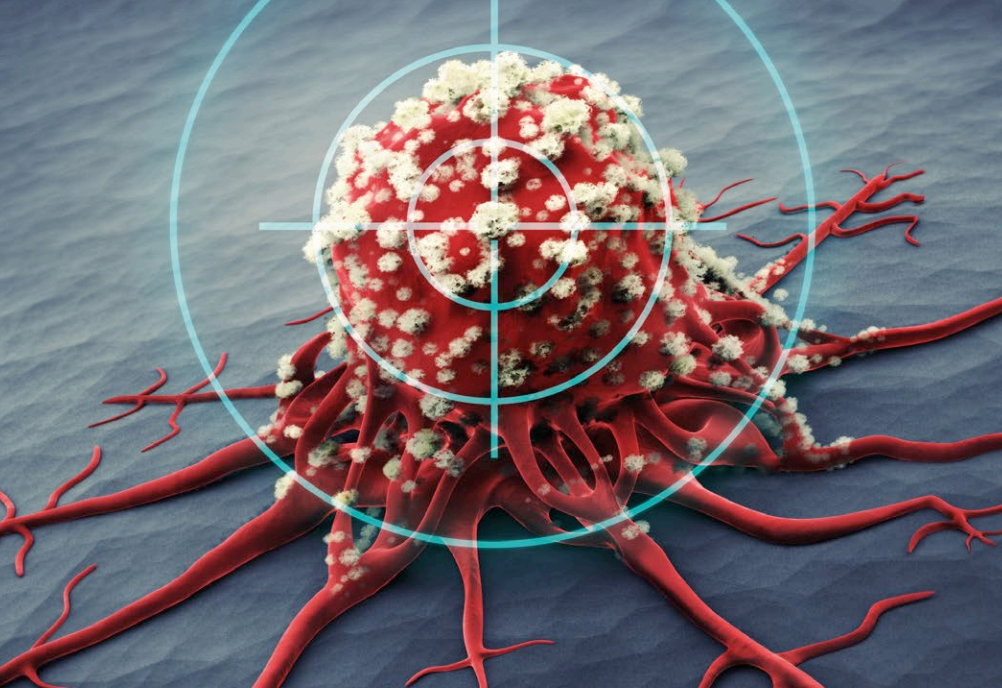Share this Page:
This interview with Dr Matthias Preusser from the Medical University of Vienna, Austria discusses the neurologic side effects associated with the use of immunotherapy for the treatment of cancer.
The use of immunotherapy for the treatment of cancer has become routine and many cancer patients are being treated with these drugs. Side effects to immunotherapy can affect organs such as the liver, lungs, skin etc. Neurologic side effects have also been observed in the central and peripheral nervous systems. These side effects aren’t very frequent, but they are clinically relevant to the affected patients.
Neurologic side effect include syndromes such as multiple sclerosis-type syndromes, Guillain-Barré syndromes, neurasthenic syndromes, and also various infections of the peripheral nervous system and muscular system, such as myopathies and necrotising myopathies.
Depending on the drug used, neurologic side effects occur in 1-6% of patients on single immunotherapy drugs, and about 14% with combinations of immunotherapy drugs.
There’s no clear preventative strategy, other than better patient selection. Suppressing the immune system with immunosuppressive drugs such as corticosteroids is the main treatment strategy for these neurologic side effects. However, there is the chance that the patient’s cancer will progress while on immunosuppressants. Intravenous immunoglobulins or plasmapheresis can also be used; however, there are no clear recommendations.













